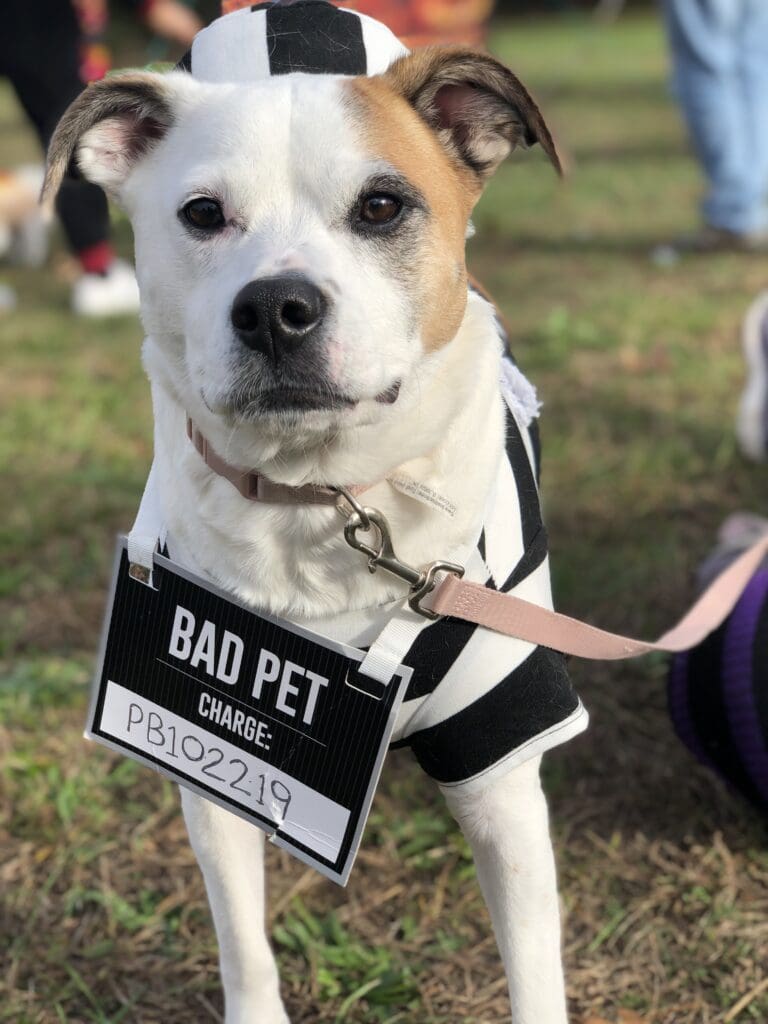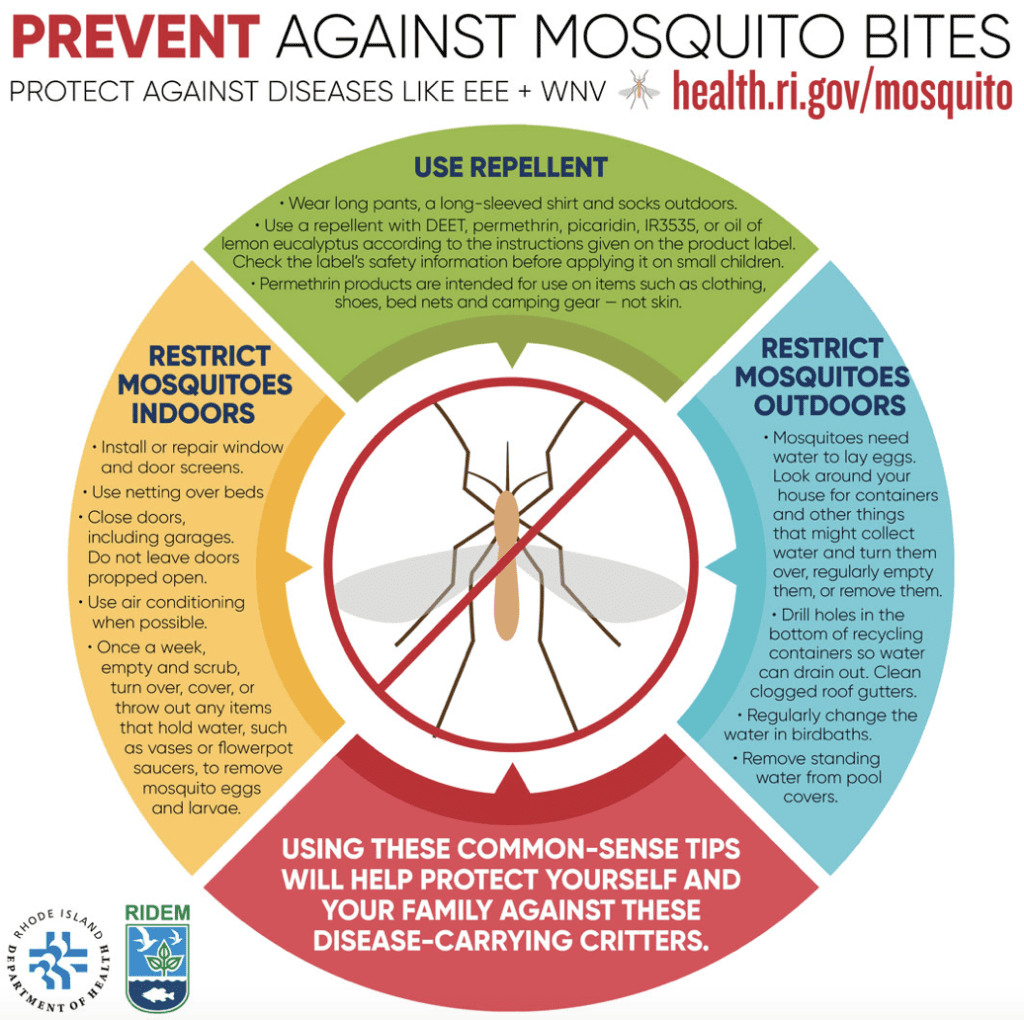Search Posts
Recent Posts
- Vinny Paz to be inducted TODAY into the International Boxing Hall of Fame – CES Boxing June 7, 2025
- In the News… quick recap of the week’s news (6.7.25) June 7, 2025
- Burn with Kearns: Strong without the spend: How scraps became strength tools – Kevin Kearns June 7, 2025
- Rhode Island Weather for June 7, 2025 – Jack Donnelly June 7, 2025
- How to advocate for threatened properties: The Heritage Alliance of Pawtucket June 7, 2025
Categories
Subscribe!
Thanks for subscribing! Please check your email for further instructions.

Outdoors in RI: Conservation funds, Hunters’ hearing, Charlestown, Mosquitos, Dog friendy hike
Southern Rhode Island Conservation District held a sign-up session this week to help you to prepare for the first cycle of fiscal year 2025 Natural Resources Conservation Services (NRCS) funding for farmers, forest landowners, oyster growers, ranchers and urban growers. The deadline to apply for the first cycle of funding is October 4, 2024.

The application session will be held on Saturday, September 28th from 10 am until 12 pm at the South Kingstown Land Trust Barn located at 17 Matunuck Beach Road in South Kingstown.
Conservation funds are available through the Environmental Quality Incentives Program (EQIP), Conservation Stewardship Program (CSP), Agricultural Management Assistance Program (AMA), National Water Quality Initiative (NWQI), and Agricultural Conservation Easement Program (ACEP).
To find out more about the session on 9/28, visit sricd.org or contact ccooke@sricd.org. For more information on the NRCS funding process, visit nrcs.usda.gov.
The Southern Rhode Island Conservation District (SRICD) promotes and achieves a healthy environment and sustainable use of natural resources for the people of Kent and Washington Counties and the State of Rhode Island, now and for the future, by coordinating partners to provide technical, educational and financial resources.
___
Hunter? Huh? Protect your hearing!
The fall hunting season is upon us. Whether you’re a regular hunter or just enjoy going to the shooting range, protecting your hearing while using a gun is vital to maintaining your overall wellbeing and quality of life.
According to new data, over four in 10 (44%) of people who shoot firearms and do not always wear hearing protection are more at risk of hearing loss, due to their exposure to loud noise.
To help keep your ears safe while you’re out shooting, here are three things to keep in mind from ReSound, to ensure you don’t damage your hearing:
1. Always make sure you wear hearing protection.
First and foremost, you must wear hearing protection when using firearms if you want to preserve your hearing.
There are two main options for this.
Earmuffs, which cover the entire ear and fit closely against the head. They reduce the amount of noise exposure through the use of acoustic foam that seals against your head and tend to provide the most protection because they cover the entire ear. They also provide this high level of protection without the need for customizing the fit to your specific ears, which is another advantage. Typically, earmuffs can be used alone to protect your ears from damage, but wearing them together with earplugs fitted inside the ear canals offers additional protection.
Earplugs fit inside the ear canal and come in a wide variety of styles and levels of hearing protection. There are a number of types you can use, including custom-made earplugs that ensure a more comfortable and snug (therefore safer) fit. Electronic shooter ear plugs are another option; however, the hearing protection is not as great. If you’re not sure which type to opt for, make sure you speak to a hearing care professional to avoid damaging your hearing.
One helpful feature to look for are filters that allow softer sounds, such as a rustling brush or a person’s voice, to come through unmuffled, while still protecting your hearing from gunfire. This is especially important if you’ve ever used hearing protection, but find yourself taking it off to hear softer sounds around you, which may lead to inadvertently leaving them out during shooting.
Gunfire is so intensely loud, it can permanently damage your hearing in a single shot. So take the time to choose an option that is effective and also comfortable and practical, so you’ll use it regularly.
2. Make sure to give your ears a rest.
Even if you are wearing suitable hearing protection when shooting, it is important that you give yourself regular breaks. This will give your ears time to recover from the loud noises they have been exposed to, and, in turn, minimize any potential risk of hearing loss in the long run.
Hazardous noise isn’t just about the intensity level of the noise, but also the length of time you’re exposed to it. If you give yourself breaks, you’re reducing your overall noise exposure over time, which helps lower your risk of developing noise-induced hearing loss. If you aren’t using any hearing protection, gunfire is loud enough to permanently damage your hearing immediately, because a noise that intense is hazardous even for a split second.
3. Get your hearing checked.
While protecting your ears with ear muffs or earplugs and taking regular breaks are essential for looking after your hearing when shooting, it is also really important that you schedule a hearing test or checkup with an audiologist if you’ve been exposed to gunfire without hearing protection, or if you suspect you may not be hearing as well as you used to.
An audiologist can help identify any early warning signs that your hearing may be damaged, and can give you advice about protecting your hearing that fits your specific needs. They typically sell various custom and non-custom plugs.
How to get help?
Treating hearing loss can not only improve the health of the person experiencing it but also those around them, having a dramatically positive effect on their social relationships and love life. That’s why if you recognize a number of these signs in your loved one, it’s time to seek the help of a professional audiologist.
Thank you to Resound.com for this helpful information – more, here: https://www.resound.com/en-us/online-hearing-test
___
Friends of the Warwick Animal Shelter Dog Friendly Howl-O-Ween Fun
Join us for a wicked spooky Howl-O-Ween Hike N Treat to benefit the Friends of the Warwick Animal Shelter on Sunday, October 27, 2024 starting at 2 pm at Warwick City Park (across from Dog Park), 185 Asylum Road, Warwick, RI. Rain Date is November 10th. Please watch our social media for weather-related updates.
There will be dog-friendly games, dog treats, human treats, a dog hike, pet costume contest with prizes and a raffle! Costumes are encouraged for both dogs and their humans, but not required. Sample some plant-based snacks available at the ANVV table (a plant-based group) and a fun photo backdrop for selfies with your pup. Please bring water for you and your pup, and waste bags for your pup. We will have some extra on hand just in case.





Photo credit: Friends of the Warwick Animal Shelter
This event itself is free to attend but advance registration is required for the hike and costume contest. All well-behaved, friendly, vaccinated (rabies) dogs are welcome! Click the “tickets” link on our Facebook event to sign up for the hike and costume contest today (limited spots available)! Check in will be at the Furry Fellas booth.
- Hike advance registration required with a $10 donation. Check in starts at 2 pm and the hike will start promptly at 2:30 pm.
- Costume contest registration required in advance with a $10 donation. Costume contest check in will be available at 3:45 pm for those who aren’t participating in the hike or arriving later. The costume contest will take place around 4 pm then prizes are awarded.
This event is hosted by Furry Fellas Dog Walking and Pet Sitting Service and proceeds will be donated to the Friends of the Warwick Animal Shelter. It’s going to be a fun day at the park – join us!
___
RI Mosquito Report: State announces two additional West Nile Virus (WNV) Cases and One EEE Mosquito finding
Rhode Islanders are being urged to continue Mosquito prevention measures due to High Risk of EEE and WNV, statewide. The Rhode Island Department of Environmental Management (DEM) and Rhode Island Department of Health (RIDOH) are announcing one confirmed human case of West Nile Virus (WNV) and one probable human case of WNV. Both people are Providence County residents in their 70s. These human cases of WNV are in addition to the one confirmed human case of WNV, one probable human case of WNV, and first human case of Eastern Equine Encephalitis (EEE) virus in 2024 announced last week. This brings Rhode Island’s human WNV case count to four, with two confirmed cases and two probable cases.
Additionally, the most recent mosquito samples tested by the Rhode Island State Health Laboratories (RISHL) has confirmed one positive finding of EEE virus. The mosquito sample testing positive for EEE virus was collected in Westerly. These results are from 89 samples collected from 24 traps set statewide by DEM on September 5 and 9. All other samples tested negative for EEE virus, WNV, or Jamestown Canyon Virus (JCV). RIDOH and DEM are reminding the public that it is a particularly active mosquito season in Southern New England and that mosquito testing and recent human cases of both EEE virus and WNV indicate a high risk level statewide.

Protect yourself!
- Put screens on windows and doors. Fix screens that are loose or have holes.
- Consider rescheduling outdoor activities that occur during the evening or early morning at sunrise and sundown (when mosquitoes carrying the EEE virus are most active). If you must be outside, wear long-sleeved shirts and pants and use bug spray.
- Use EPA-approved bug spray with one of the following active ingredients: DEET (20-30% strength), picaridin, IR3535, and oil of lemon eucalyptus or paramenthane. Always read the label and follow all directions and precautions.
- Do not use bug spray with DEET on infants under two months of age. Check the product label to find the concentration of DEET in a product. The American Academy of Pediatrics recommends that repellents contain no more than 30% DEET when used on children. Children should be careful not to rub their eyes after bug spray has been applied on their skin. Wash children’s hands with soap and water to remove any bug spray when they return indoors.
- Put mosquito netting over playpens and baby carriages.
Remove mosquito breeding grounds!
- Remove items around your house and yard that collect water. Just one cup of water can produce hundreds of mosquitoes; an unused tire containing water can produce thousands of mosquitoes.
- Clean your gutters and downspouts so that they can drain properly.
- Remove any water from unused swimming pools, wading pools, boats, planters, trash and recycling bins, tires, and anything else that collects water, and cover them.
- Remove or treat any shallow water that can accumulate on top of a pool cover. Larvicide treatments, such as Mosquito Dunks can be applied to kill immature mosquitoes. This environmentally friendly product is available at many hardware and garden stores and online.
- Clean and change water in birdbaths at least once a week.
Best practices for horse owners!
Horses are particularly susceptible to WNV and EEE virus. Horse owners are advised to vaccinate their animals early in the season and practice the following:
- Remove or cover areas where standing water can collect.
- Avoid putting animals outside at dawn, dusk, or during the night when mosquitoes are most active.
- Insect-proof facilities where possible and use approved repellents frequently.
- Monitor animals for signs of fever and/or neurological signs (such as stumbling, moodiness, loss of appetite) and report all suspicious cases to a veterinarian immediately. If you are unsure if your horse is properly vaccinated, consult your veterinarian.
Visit health.ri.gov/mosquito for additional mosquito prevention tips, videos, and local data. DEM traps mosquitoes weekly and tests them at the RIDOH State Health Laboratories. From June through to the first hard frost of the season, which usually occurs in mid-October, DEM issues advisories on test results, with additional reports as necessary. Typically, positive test results trigger additional trapping to assess risk.
___
Boaters cautioned when traveling through the Charlestown Breachway
he Town of Charlestown and the Rhode Island Department of Environmental Management (DEM) are advising boaters to use extra caution when passing through the Charlestown Breachway, or to avoid it completely.
Due to storm damage over the years, most recently from the succession of very strong winter storms in 2023, one of the breachway’s rock walls has deteriorated, allowing water to pull sand in front of the breachway and into the channel. The buildup of sediment has raised the channel’s floor, leaving it at two to three feet deep at low tide, making it difficult for boaters to avoid getting beached or hitting rocks.
